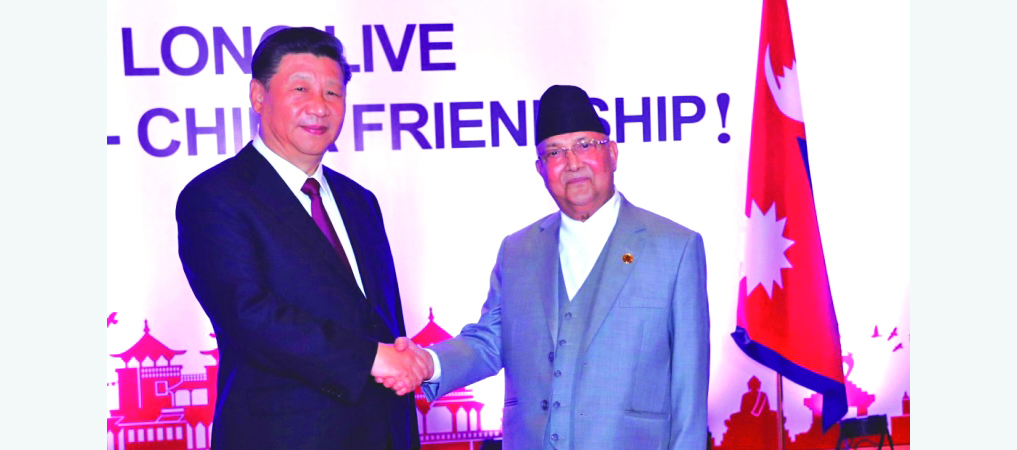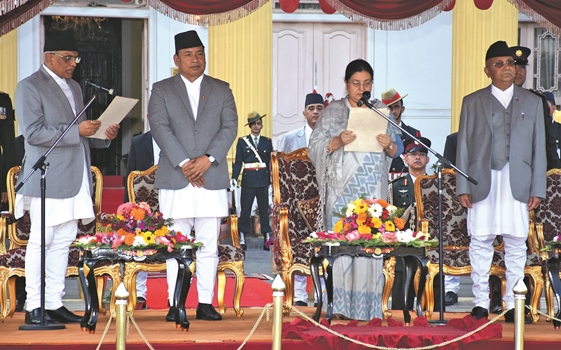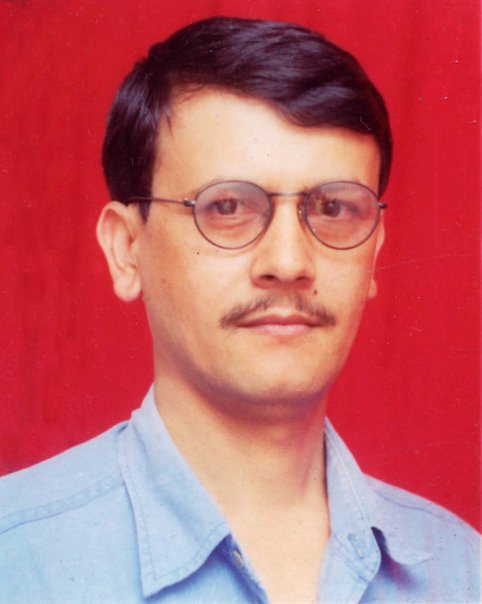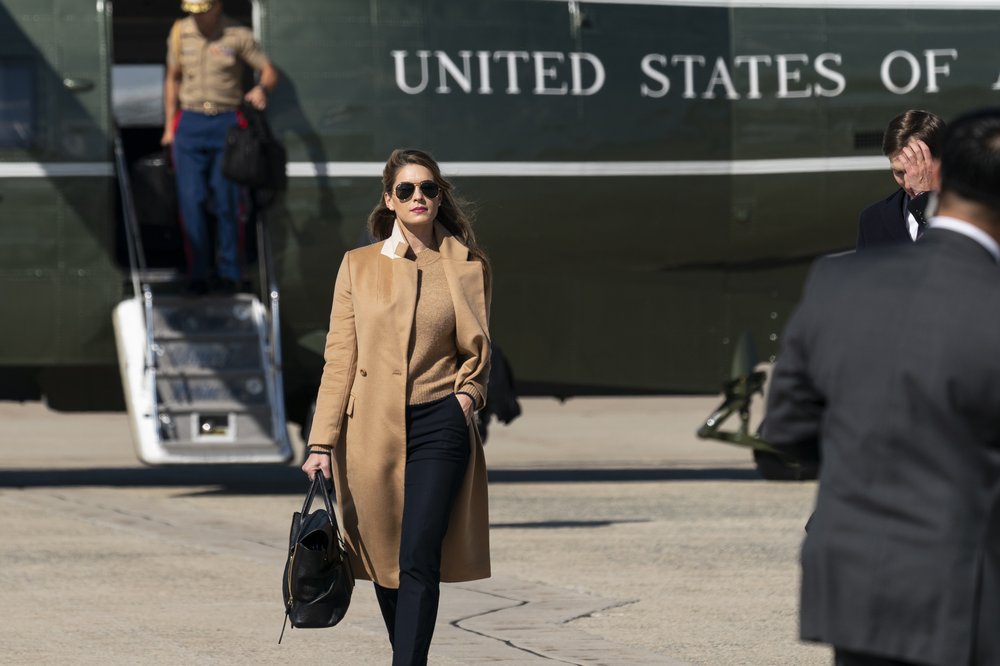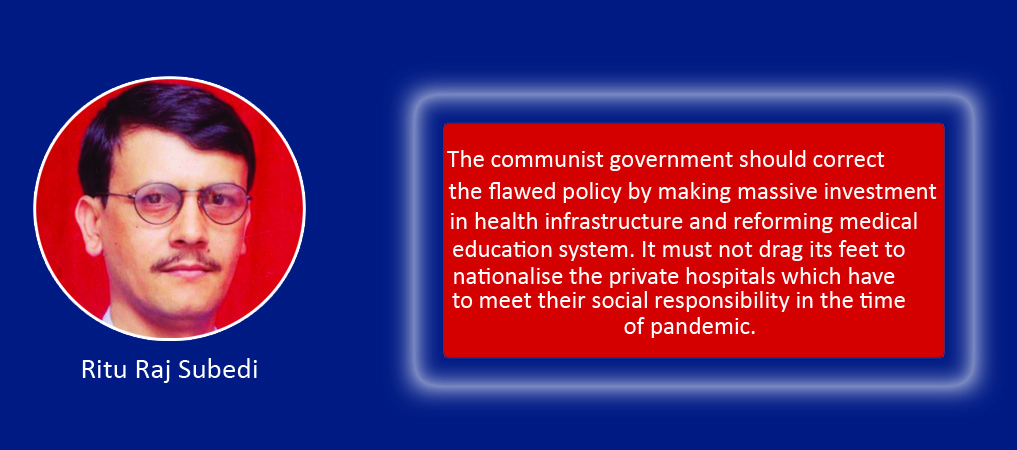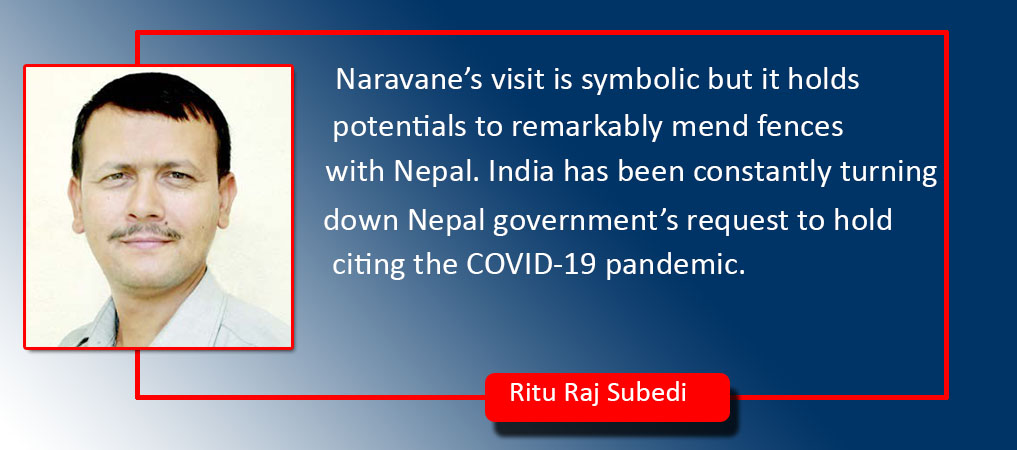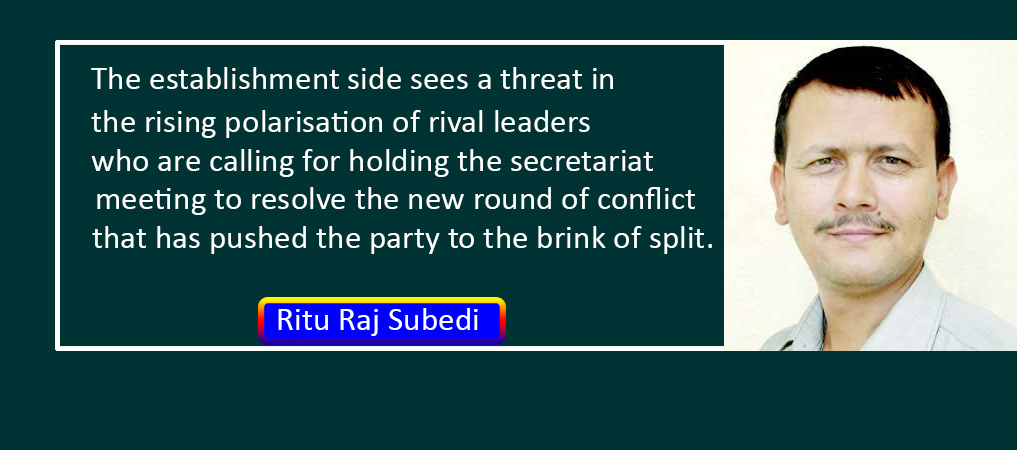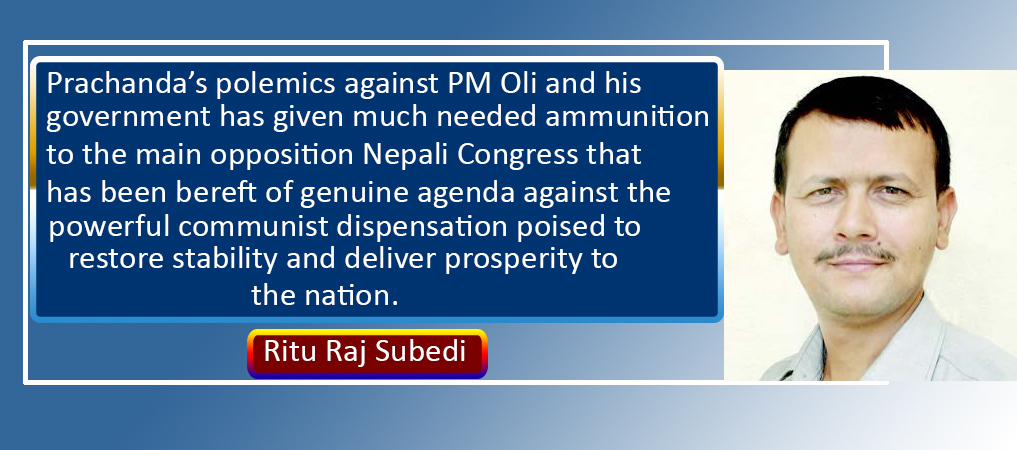Local Governments Have Miles To Go
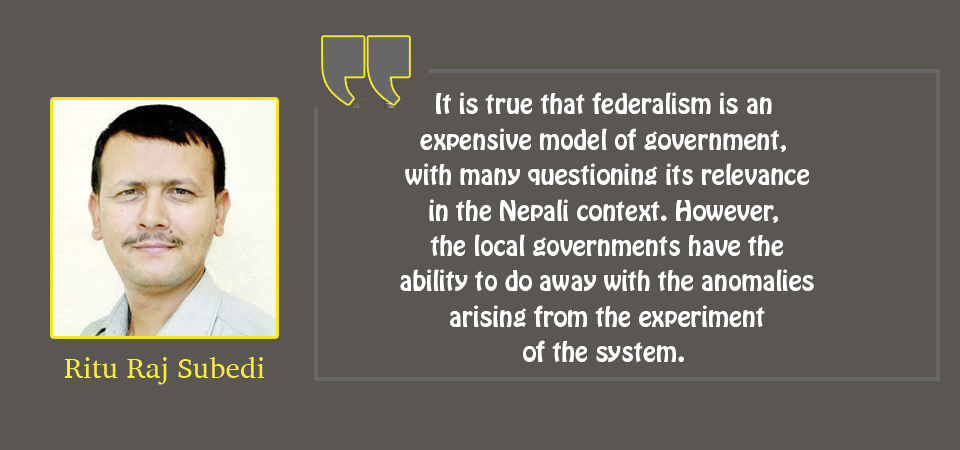
WITH the country all set to go for local polls on May 18 this year, the political parties have started their campaign to tip the scales in their favour. Considered as the base of grassroots democracy, the local polls will be another milestone in consolidating the federal democratic republic. The timely election for the local bodies boosts their authority, legitimacy and governance. It tests people’s sovereignty and enhances their participation in the decision-making process.
Unlike the federal and provincial assemblies, the local bodies can’t be dissolved. This stronger constitutional provision aims to bolster the local governments, allowing them to function full term without any obstacles. Therefore, the local polls carry greater significance when it comes to holding the local leaders accountable, improving service delivery mechanism and increasing public participation in the development works.
The creation bodies and their functions are not new in Nepal but their experiments have both positive and negative implications for the country as the constitution has granted around 22 exclusive rights to them so that they can deliver services and goods to the people effectively. Thus, the voters should properly evaluate the performance of local units before picking a new set of leaders.
The local units have a mixed bag of results in their five-year term. Mostly, they focused on building legal, institutional and physical infrastructures, exploring new tax bases and expediting the development works. On positive sides, many of the local levels were able to mediate many conflicts on the basis of their legislative, executive and judicial rights. But on the negative sides, they did not fare well in areas of poverty alleviation, sustainable development and proper mobilisation of local resources. Many local governments drew flak for unjustifiably spending tax payers’ money on buying posh vehicles, and increasing their salaries, perks and travel allowances. The political parties clashed over the selection and implementation of projects, misused funds on cronyism and set misplaced priorities.
The local units had to focus on strengthening their institutional capacity to execute their legislative and judicial duties. They require framing the enabling laws and ending confusion about overlapping of rights between the local, provincial and federal units. However, lack of adequate and competent employees coupled with the inexperienced leaders prevented them from achieving their desired goals. The elected officials failed to demonstrate legal insights and consensus approach to formulate and implement policies, plans and programmes to make the people realise that Singh Durbar has finally arrived on their doorsteps.
It has been mentioned that there was a lack of close collaboration between the employees and elected officials which was essential to make service delivery result-oriented. The local representatives gave short shrift to the career growth and expertise of employees, thereby undermining their morale and spirit. There were many capable leaders on the seat of local governments but they had poor understanding of the sovereign status of their own institutions. At the same time, the federal government showed apathy towards enacting the related Acts and laws in time. The delayed and ham-fisted adjustment of employees at the provinces and local units also hit their performance.
One study shows that the consultants swayed the elected officials, with employees, specially the administrative chiefs, taking the advantage from the naivety of representatives. Consultant companies provide their expertise to the local governments in formulating necessary policies, laws, action plans of revenue reform and progress reports of projects. But local units do not have legal provisions to hold them accountable in case they manipulate laws for their personal benefit.
One of the primary objectives of the local governments is to encourage rapprochement between the people and their leaders. The local leaders are familiar with the local problems as well as the resources. They are supposed to involve the people in matters such as fixing and collecting taxes and running the local entities like schools, colleges, hospitals, markets, drinking water offices, FM radios and so on. However, the local people have complained that they were charged with exorbitant taxes but not provided services in proportion to the collection of revenues.
Federalisation of the county marked a paradigm shift in the governance system aimed at mainstreaming the marginalised communities, castes and regions. The constitution has envisioned a cooperative model of federalism in which the three tiers of government work together based on the principle of co-work, coordination and coexistence. In theory, the country was structured into a federal set-up but in practice, unitary mindset still rules the roost as the centre tends to foist the old laws upon the provinces and local units.
It is true that federalism is an expensive model of government, with many questioning its relevance in the Nepali context. However, the local governments have the ability to do away with the anomalies arising from the experiment of the system. Now the onus lies on the people to elect bona fide candidates in the upcoming polls, who can improve the modus operandi of local representatives and enable the local bodies to realise that they are themselves sovereign governments capable to exercise state powers for the democratic nation-building and redistribution of wealth.
(Deputy Executive Editor of The Rising Nepal)
Recent News

Do not make expressions casting dout on election: EC
14 Apr, 2022
CM Bhatta says may New Year 2079 BS inspire positive thinking
14 Apr, 2022
Three new cases, 44 recoveries in 24 hours
14 Apr, 2022
689 climbers of 84 teams so far acquire permits for climbing various peaks this spring season
14 Apr, 2022
How the rising cost of living crisis is impacting Nepal
14 Apr, 2022
US military confirms an interstellar meteor collided with Earth
14 Apr, 2022
Valneva Covid vaccine approved for use in UK
14 Apr, 2022
Chair Prachanda highlights need of unity among Maoist, Communist forces
14 Apr, 2022
Ranbir Kapoor and Alia Bhatt: Bollywood toasts star couple on wedding
14 Apr, 2022
President Bhandari confers decorations (Photo Feature)
14 Apr, 2022



